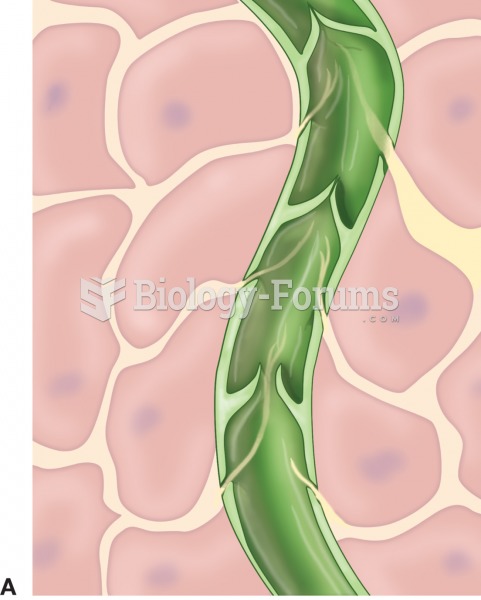|
|
|
It is important to read food labels and choose foods with low cholesterol and saturated trans fat. You should limit saturated fat to no higher than 6% of daily calories.
Though methadone is often used to treat dependency on other opioids, the drug itself can be abused. Crushing or snorting methadone can achieve the opiate "rush" desired by addicts. Improper use such as these can lead to a dangerous dependency on methadone. This drug now accounts for nearly one-third of opioid-related deaths.
Cytomegalovirus affects nearly the same amount of newborns every year as Down syndrome.
There are major differences in the metabolism of morphine and the illegal drug heroin. Morphine mostly produces its CNS effects through m-receptors, and at k- and d-receptors. Heroin has a slight affinity for opiate receptors. Most of its actions are due to metabolism to active metabolites (6-acetylmorphine, morphine, and morphine-6-glucuronide).
In inpatient settings, adverse drug events account for an estimated one in three of all hospital adverse events. They affect approximately 2 million hospital stays every year, and prolong hospital stays by between one and five days.
 (A) Lymphatic vessel with valves within tissue cells; (B) photomicrograph of lymphatic vessel with v
(A) Lymphatic vessel with valves within tissue cells; (B) photomicrograph of lymphatic vessel with v
 Illustration of an embolus floating in an artery. The embolus will become lodged in a blood vessel t
Illustration of an embolus floating in an artery. The embolus will become lodged in a blood vessel t
 (A) Dornier Compact Delta® lithotripsy system. Acoustic shock waves generated by the shock-wave-gene
(A) Dornier Compact Delta® lithotripsy system. Acoustic shock waves generated by the shock-wave-gene




